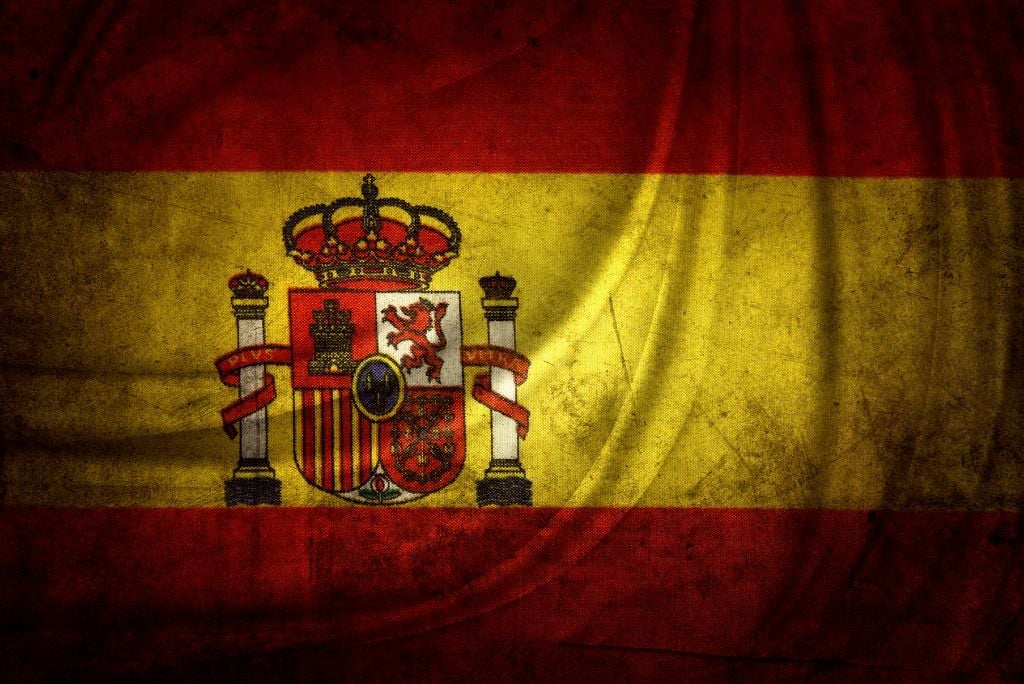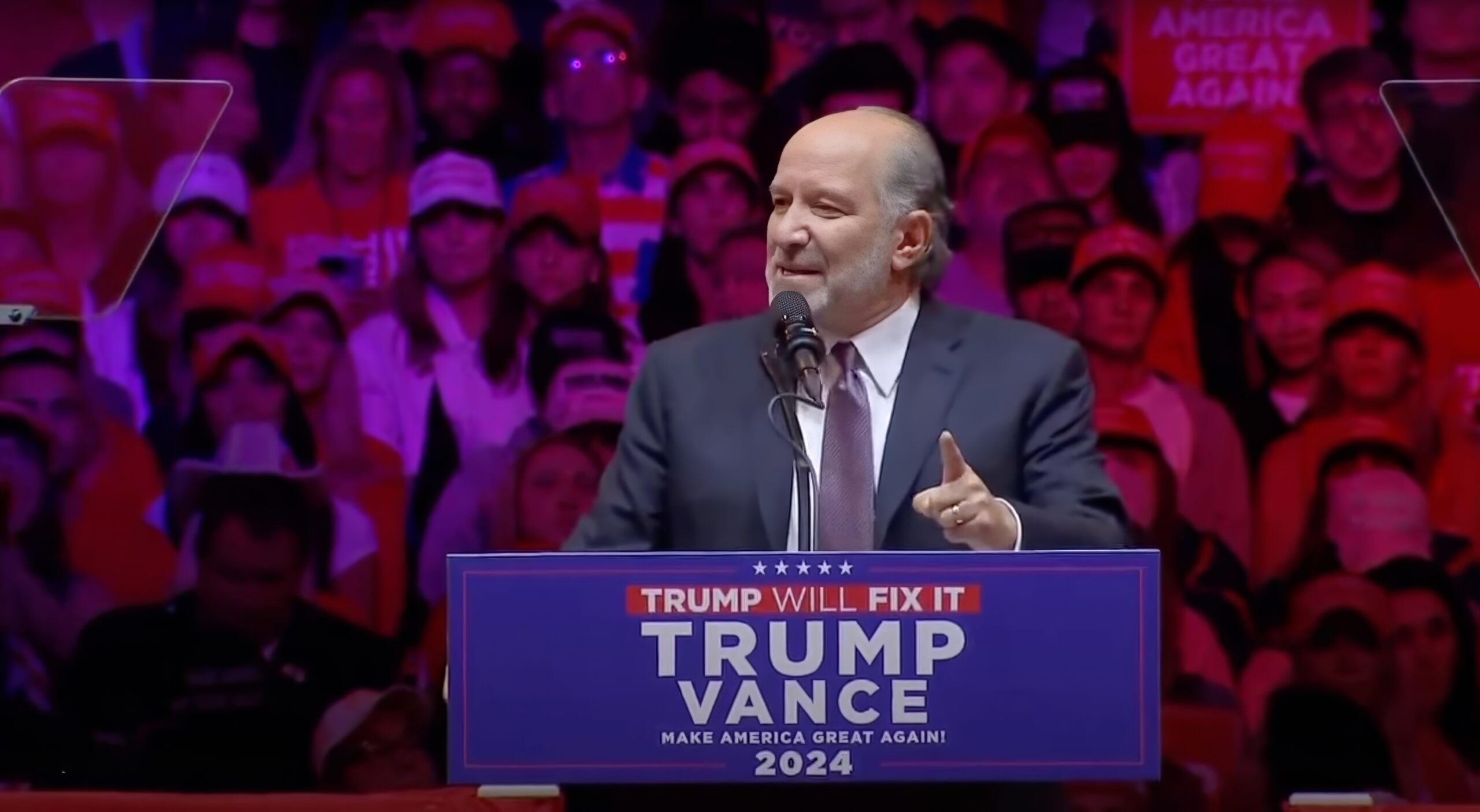
In the 1980s, the Europeanist fever spread through Spain and Portugal. At that time, the talk of “entering the common market” made it seem as though once “Europe” accepted us as partners, everything would fall into place.
Finally, we were recognized as part of the “first world”!
Curiously, this led to an odd sociological shift: whereas before, Latin Americans were seen as close and brotherly, over time they began to be viewed as people to look down upon.
Suddenly, everything that bound us to the other side of the Atlantic no longer mattered; all that counted was that “Europe” had accepted us, fulfilling the dreams of a generation that yearned to be hippies/progressives and idolized May 1968 and Woodstock, to the greater glory of our national complexes.
But we thought, “We’re in Europe now.” We didn’t quite know what that meant, but it sounded like paradise on earth.
Yet, as the years passed, we’ve seen that many policies that harm our most vital sectors, starting with agriculture and livestock, stem from Brussels’ bureaucracy, while our governments have been reduced to mere colonial administrators.
I’m not saying we need to leave the euro tomorrow. That’s not it. But as Spaniards, we would do well to adopt a more critical and firm stance toward what they call “Europe.”
Because, beyond the “common market,” what defines and unites us?
I’m afraid that Jean-Marie Le Pen, the founder of France’s National Front, once stated that “Europe is a sum of weaknesses.”
Though it might have sounded alarmist at the time, the reality is that Brussels’ bureaucracy goes far beyond being a “common market.” It acts as a stifling entity that erodes national sovereignty, pressuring countries to implement all sorts of globalist laws that go against our interests.




